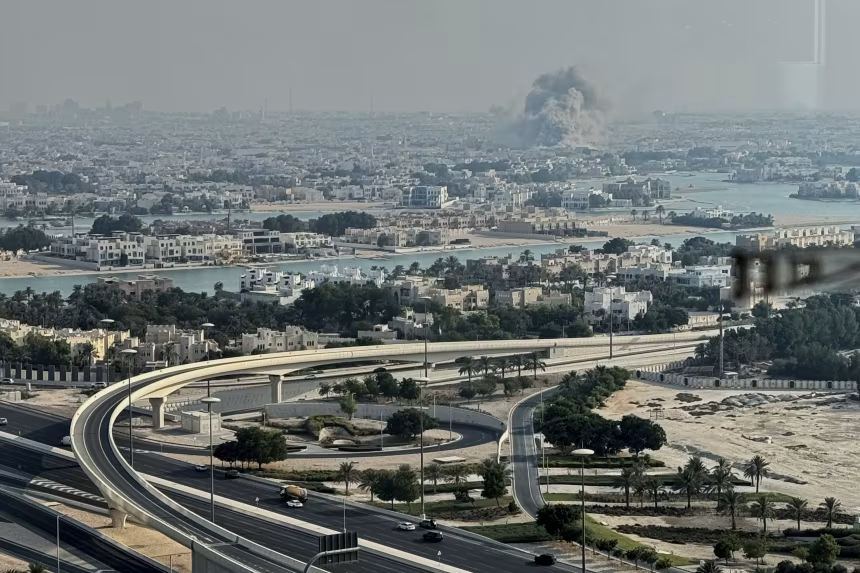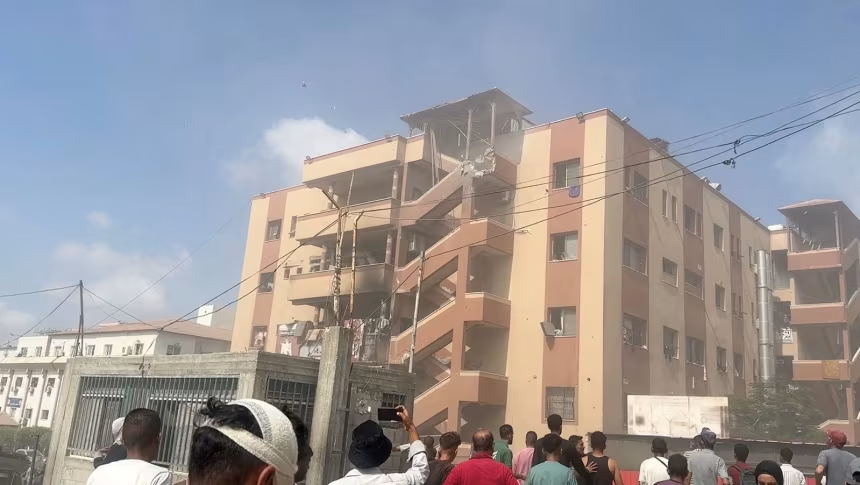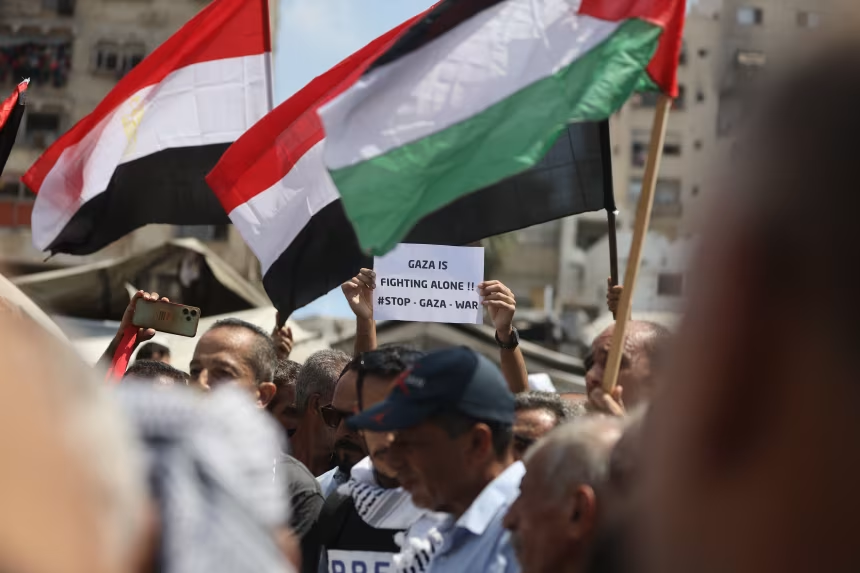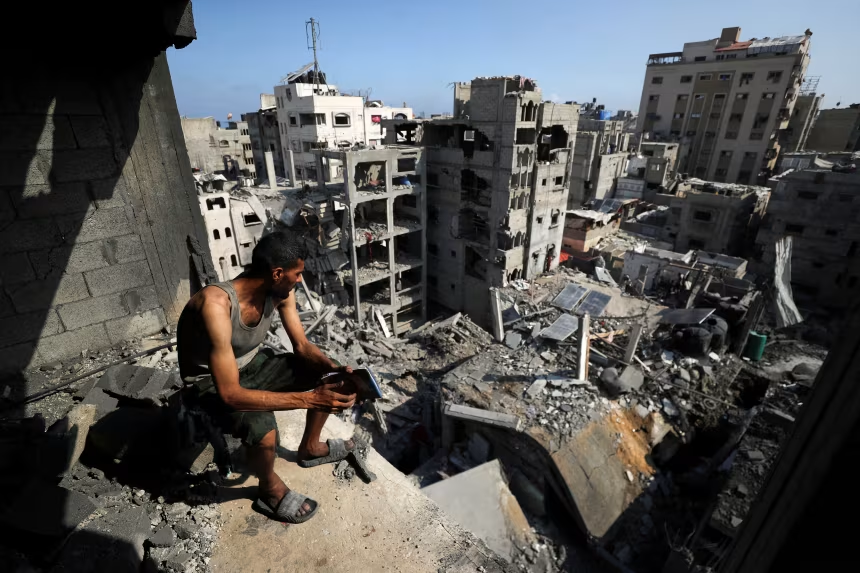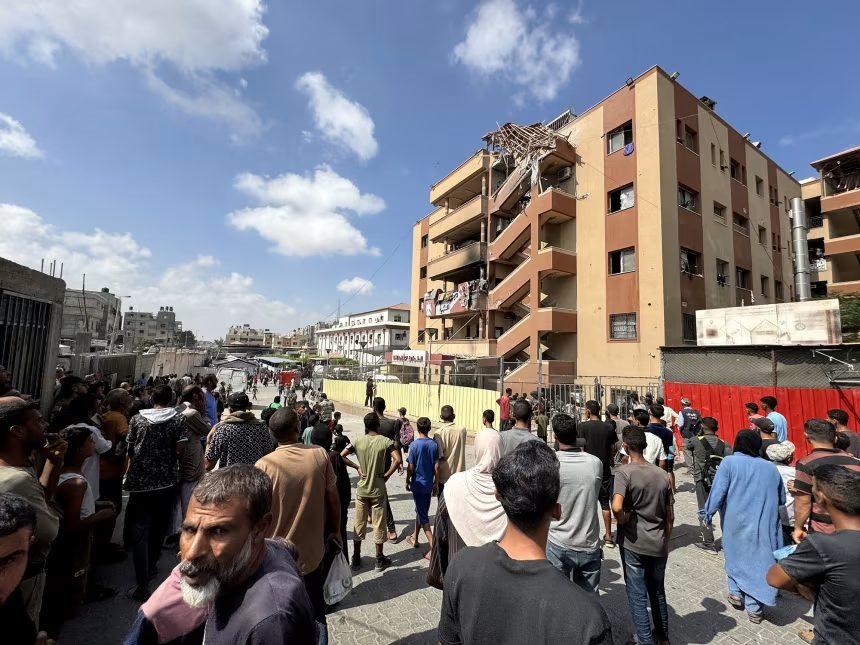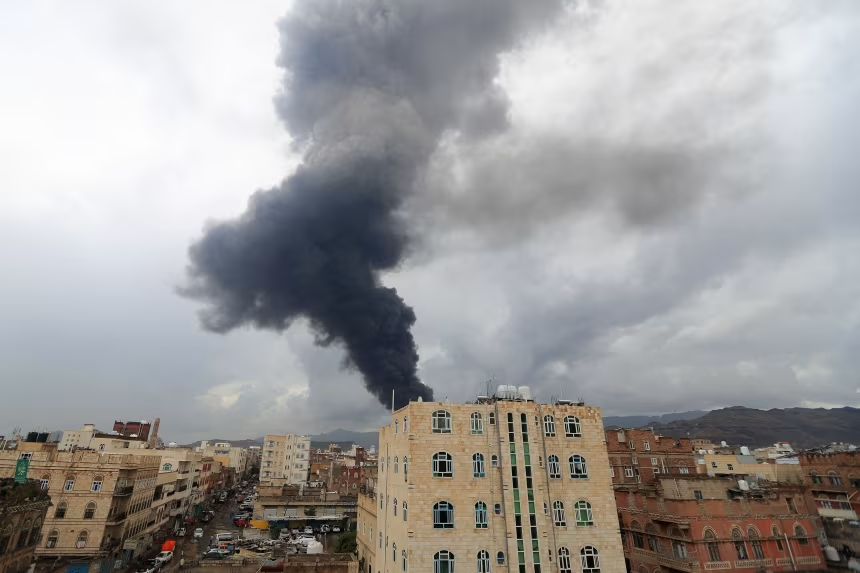Israel has launched a surprise strike on Hamas leadership in Doha, Qatar, killing six people and shattering the fragile momentum of ceasefire talks. The attack hit a secure compound in the capital’s Leqtaifiya district during high level negotiations over a U.S. brokered truce proposal. Reports confirm that among the dead were a Qatari security officer and the son of senior Hamas official Khalil al Hayya. Hamas negotiators themselves are believed to have survived.
Qatar condemned the strike in the strongest terms, calling it a cowardly breach of sovereignty and a violation of international law. The Gulf state warned that such actions threaten to destabilize mediation efforts and could derail any progress toward halting the war in Gaza.
The United Nations Secretary General António Guterres described the airstrike as a flagrant violation of Qatar’s sovereignty and urged all sides to return to diplomacy. Russia, the United Kingdom, and the United States also voiced disapproval. Moscow labeled the attack a gross violation of the UN Charter, while British Prime Minister Keir Starmer condemned the strike and pushed for urgent ceasefire efforts. Former U.S. President Donald Trump criticized Israel’s move, warning that it undermined both Israeli and American interests.
Despite the backlash, Israeli Defense Minister Israel Katz defended the action, stating that Israel would strike threats wherever they are found. His remarks signaled that the government sees no limits on the scope of its military campaign against Hamas, even if it means crossing borders into allied states.
The Doha strike marks the first known Israeli military action on Qatari soil and underscores a dangerous expansion of the conflict’s geography. With Hamas leaders in Qatar being directly targeted, mediation channels face a severe setback. Analysts warn that hostage negotiations, humanitarian corridors, and truce talks may collapse entirely in the wake of this escalation.


